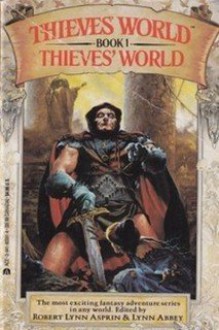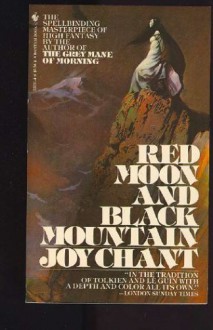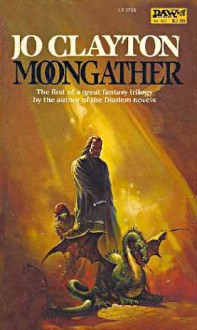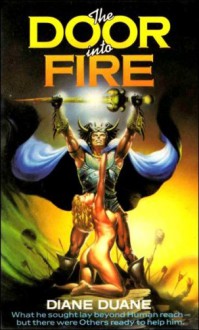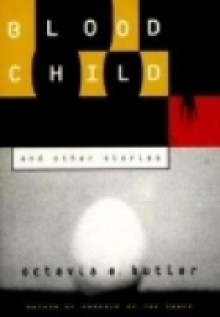
I know, it's about time right? It seemed like everyone was reading this a while back and I know that it isn't exactly a new book to begin with. I wanted to read it because of all the reviews and rave it was getting but had this gnawing fear that I would hate it. But then I listened to Bloodchild and other Stories by Octavia E. Butler and fell a little in love with her. I realized, though I should have trusted all the good reviews flooding in, that this was not about to be the same fictionalized book set in the antebellum South designed to make me feel sorry for slaves, hate slave owners, or convince me that there were really plenty of really nice slave owners. Butler goes a long way to introduce a lot of nuance and dimension to her antebellum characters that I'm not accustomed to reading about.
*And that's about all that I can muster for a spoiler free section of this review. Proceed if you've already read it or know the story.*
I loved the way Butler used Rufus and Dana to show the dynamic of both slave and slave owner and the ways they could play off each other. I appreciated that Rufus grew into his atrocities as he learned that being like his father could get him what he wanted. He learned how to manipulate and abuse along the way while somehow maintaining the delusion that his way was overall best. At the same time, I love that he listened to Dana for so long and that he didn't want to sell off slaves or separate families. He didn't really have compassion but he was also wading into being monster instead of jumping in like its easy to assume. We got to watch him descend into it because he could, which I always thought of as one of the scary things about living in an environment like that.
I loved Dana's introspection on everything in the past and how she felt it was easier to assimilate than she anticipated but I also loved Kevin's disgust with the family and his inability to tolerate people of the time while he was left behind. It was interesting that he had been alone there for so long and that the changes he went through didn't seem to change his feelings for Dana or about the beliefs of the time but that it all did affect him. I loved that he kept searching for a place for himself because nothing there fit while maintaining communications with the family in hopes of Dana's return.
For as much as the story revolved around Dana and Rufus, most of the slaves were well developed. Butler made it easy to understand how one might stay in that environment and what made running so much more dangerous even while staying was slowly killing you (or not so slowly in some cases). But I also appreciated that she introduced slave owners worse than Rufus's father to not ignore the range of the atrocities committed against the slaves and free blacks to not ignore that they existed either. Not that Rufus's father was depicted as a particularly benevolent slave owner like they are in many books written at the beginning of the twentieth century.
Then there's the story and the time travel. The involuntary nature of the time travel was great for moving the story forward and for getting Dana to where she needed to be. I wouldn't imagine the antebellum South would be an intentional destination for any time traveler who could oppressed in it's time, so I get that it had to be involuntary. At the same time, the involuntary way she came back to her present seemed to make every conflict more tense.
The delicate balance that Dana had to ride in the past between her need to be born in the first place and to preserve the life that she had made her decisions more interesting. I appreciated that she didn't want to tell Alice to go to Rufus or not to. She left her survival up to Alice's horrible decision alone. While it may have been tempting to influence Alice for her own survival, she knew she'd regret it. She probably knew that Alice was going to do it anyway because it was the unfortunate best alternative in her situation, even though it was horrible. When I first read that Rufus was white and her ancestor, a big part of me hoped that it was going in a different, less believable direction. The story really resonates with honesty in a way that none of the other antebellum South stories I've read ever have, not when it comes to the slave/slave owner dynamic.


 Log in with Facebook
Log in with Facebook 
